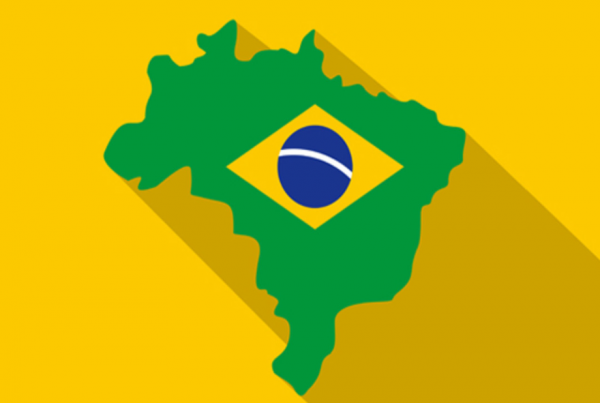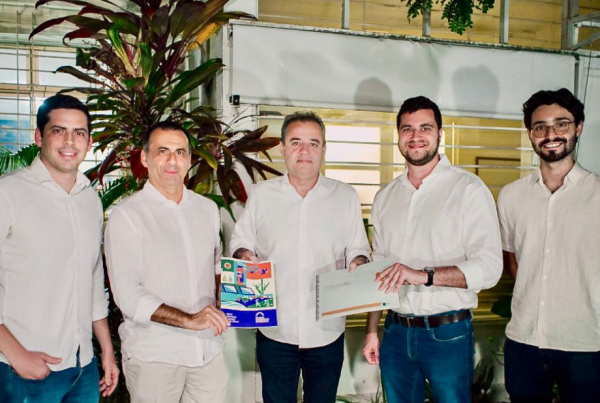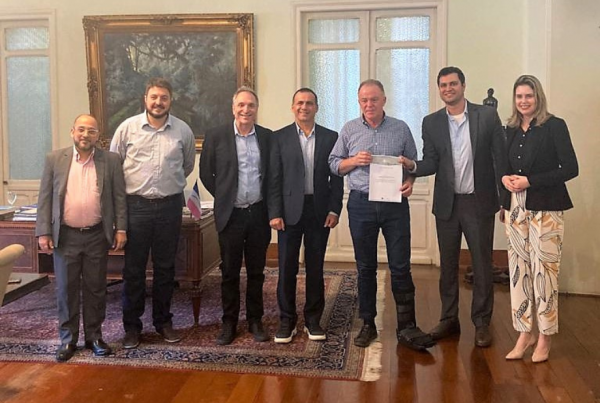If they take reasonable care of the biosphere, humans – and possible successors – could still enjoy a very long lifespan on this planet: up to 8 million years, according to the best estimates. The question is whether, long before this limit, there will be self-annihilation by adverse effect of the most admirable technological feats. Which would also contradict idyllic speculations about possible space colonization outside this solar system.
For millennia, greenhouse gas emissions from agricultural expansion have been almost harmless. But the use of fossil resources to generate new energy has increased the concentrations of CO2 and CH4 in the atmosphere too much, leading to global warming and its vast impacts on the oceans (acidification), soil degradation, and the erosion of biodiversity in general. This phenomenon was reinforced by the changes in farming practices that accompanied the population explosion.
In the 20th century, it was in the realm of physics that the scientific breakthrough opened up the possibility of the most immediate – and even more devastating – effect of nuclear war. Now, from biology to microelectronics, the chances for new and more sophisticated “weapons of mass destruction” are expanding exponentially. It has become perfectly possible to manufacture viruses that are far more powerful than those already known, without incentives for capable companies to effectively screen orders. Such was the concern of the report on biosafety to the Davos Forum, commented on in this space last January 30. The underestimation of this type of threat in the hyper-connected society may be more sinister than the underestimation of arms races, such as the Cold War (1945-1991), and the current one, centered on hypersonic missiles with nuclear warheads.
Such invitations to human self-extermination have been studied – under the label of “existential risks” – by various scientists and philosophers. Among the first are Sir Martin Rees, a British astrophysicist from Cambridge University (CSER), and, in the USA, the young Swedish cosmologist Max Tegmark from MIT (FLI). In the book The Final Hour (Companhia das Letras, 2005), Rees estimated “that our chance of surviving to the end of this century is no more than 50%.
Among the philosophers, the best known is the also Swedish Nick Bostrom of Oxford University (FHI). In the book Superintelligence (DarkSide, 2018), he says that “faced with the prospect of an intelligence explosion, we humans are like small children playing with a bomb. However, although he may not be as famous, the person who has been most dedicated to this kind of reflection is Frenchman Jean-Pierre Dupuy, who, for 36 years, has been a professor of philosophy and political science at Stanford. For him, it is precisely because catastrophe is a detestable fate, to be flatly rejected, that we must keep our eyes on it, without ever losing sight of it. Therefore, he proposes the elaboration of a metaphysics that allows thinking about the coherence and reality of catastrophism.
Against the predominant pejorative connotation, his purpose has been to elaborate a position that is at once catastrophist and rational. Philosophical attitude that inverts the metaphysical order in our ways of thinking about the world and the temporality of catastrophes. Prioritize the “worst case scenario”, but with a more solid and universal basis than mere psychology of the uncertain. To fixate on a future that is repulsive and sufficiently believable, in order to trigger preventive actions. To conceive the continuation of human experience as resulting from the negation of a self-destruction inscribed in its destiny.
Such is the core of the best known of his 44 books: O Tempo das Catástrofes; Quando o Impossível é uma Certeza (É Realizações, 2011), translation of Pour un Catastrophisme Éclairé (Seuil, 2002). Discussion resumed in the most recent, which will soon be translated, in Portugal, by Piaget publishing house: La guerre qui ne peut pas avoir lieu (The war that cannot happen). This commented on in Valor’s weekly notebook of September 13, 2019.
https://valor.globo.com/opiniao/coluna/quando-o-impossivel-e-uma-certeza.ghtml




